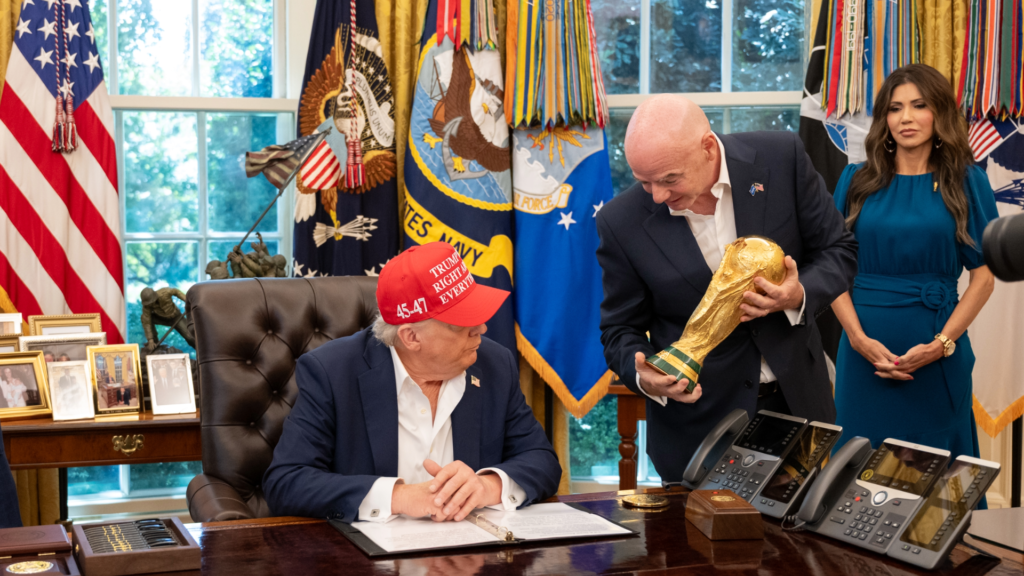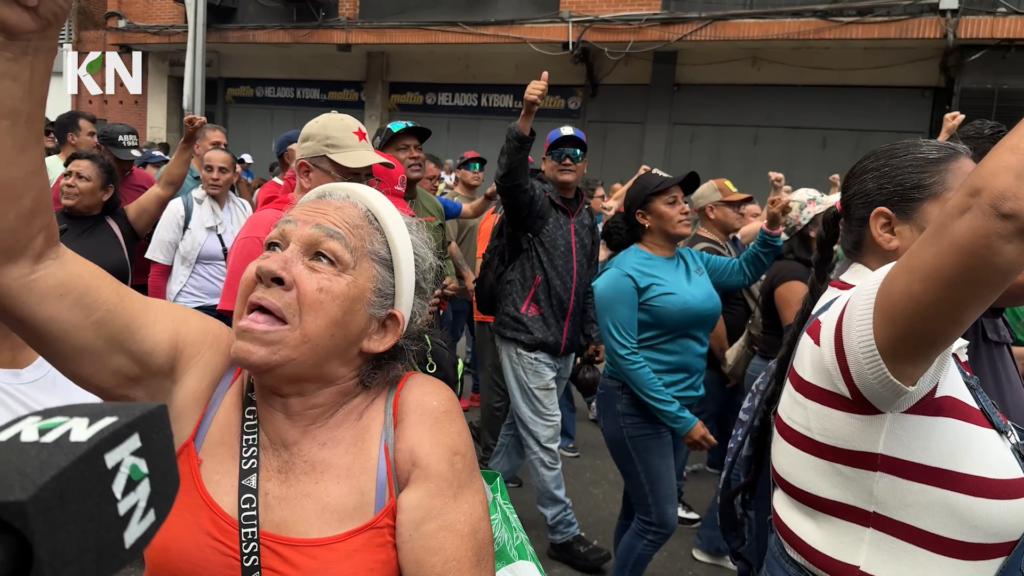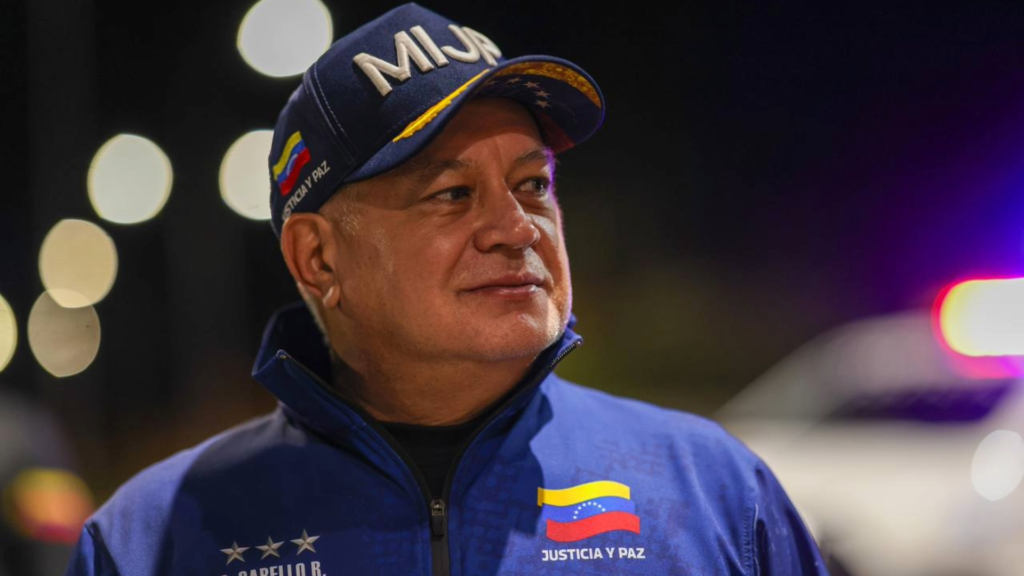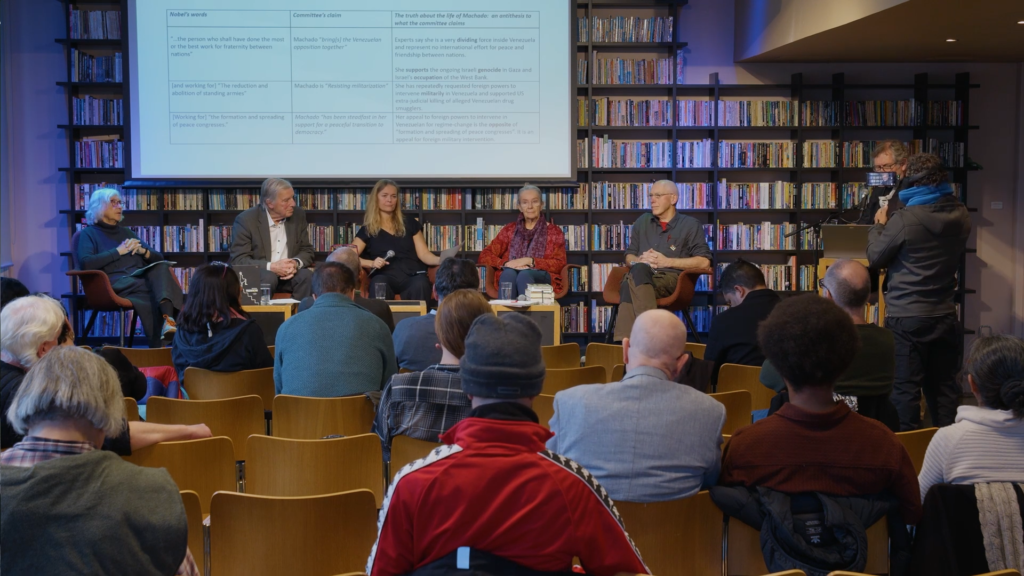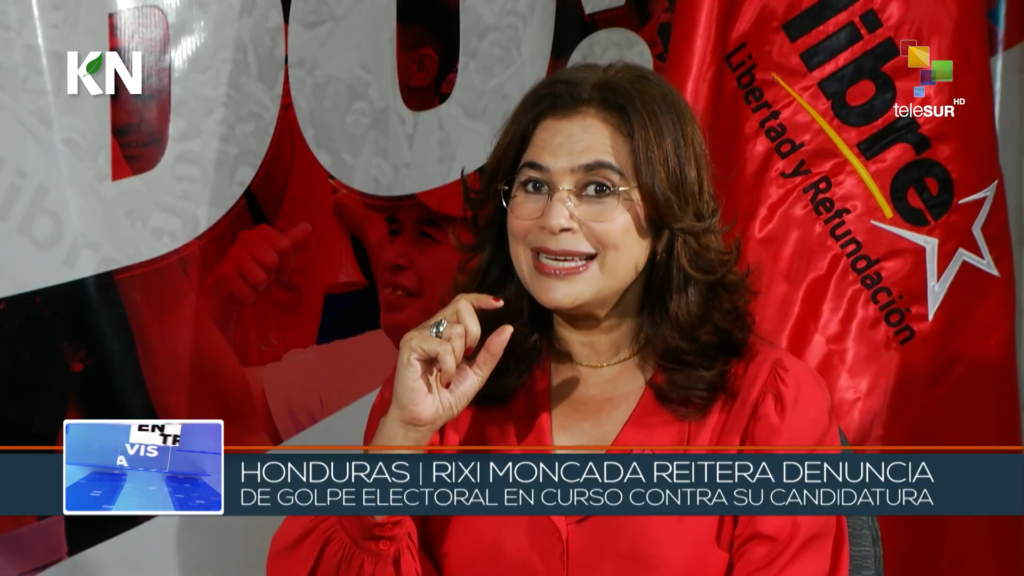With three months before crucial presidential elections, Ecuador is engulfed by scandalous revelations that question the actions of US-backed Attorney General Diana Salazar and showcase the deep corruption of the country’s current neoliberal period.
According to thousands of chats leaked from the phone of murdered presidential candidate and FBI informant Fernando Villavicencio, Salazar has systematically leaked confidential information about ongoing investigations to political actors, coerced judges to manipulate rulings in favor of herself and her allies, and even threatened the National Electoral Council (CNE) with police raids if officials didn’t allow Guillermo Lasso to move to the 2021 runoff elections over rival Yaku Perez. In her chats with Villavicencio, Salazar repeatedly shares details about ongoing investigations and even offers to intervene in a money laundering case launched during his tenure as President of the National Assembly’s Oversight Committee.
Villavicencio and Salazar, in their role as two of Ecuador’s top oversight officials, discussed acts of lawfare, procedural fraud, and evidence tampering, which more often than not sought to persecute leaders from the leftist Citizen’s Revolution (RC) party, including former president Rafael Correa and vice-president Jorge Glas, as well as others who proved to be a burden for successive US-backed governments, such as former ombudsman Freddy Carrion.
Earlier this year, The Intercept Brasil and Drop Site News verified chats between Salazar and former RC lawmaker Ronny Aleaga in which, among other things, the AG confirmed that Villavicencio was an informant for the US government.
Villavicencio was killed in August 2023 while exiting a campaign event in Quito ahead of snap elections. According to his wife, soon after the killing, Salazar told his family that RC leaders were responsible. Nevertheless, the family retracted their statement earlier this year, blaming Salazar for misdirecting them.
Before his election to public office and presidential bid, Villavicencio and his allies published several damning reports revealing alleged corruption committed during the Correa government via their website, Periodismo de Investigación, which was partly funded by the National Endowment for Democracy (NED). This quickly made him the face of the so-called “anticorreista” movement. Western media and officials still refer to him as an “anti-corruption champion.”
However, the leaked chats reveal that Villavicencio’s work was funded by more than just US taxpayer funds, as his family also received regular payments from businessman Nahim Massuh (aka El Turco), a central figure in two highly-publicized investigations into the links between public officials and drug cartels: Caso Encuentro and Caso Metastasis.
Another benefactor of Villavicencio and his close ally Cristian Zurita—who replaced Villavicencio on the ballot after his murder —was Carlos Pareja Cordero (aka CAPACO), a long-time lawyer for the Isaias brothers, two Miami-based bankers who stole the life savings of millions during the 1999 “Feriado Bancario.” CAPACO was convicted during the Correa government for money laundering and illicit enrichment. The monthly payments from CAPACO and other sordid figures ensured Villavicencio and Zurita would publicize selective investigations via Periodismo de Investigación and keep quiet about acts of corruption involving those who financed their operations. This included concealing the existence of bank accounts belonging to drug lord Leandro “El Patrón” Norero at Banco de Guayaquil, an institution tied to the family of former president Lasso, and even hiding information about the drug routes used by cartels.
The leaks also show that Washington’s “anti-corruption champion” worked in close coordination with troll farms that target leftist figures and was often giving the go-ahead for the publication of everything from fake news to deepfake pornographic videos of RC female leaders.
As an elected official, Villavicencio used his position to ensure public funding would only be available to those he worked with. But far beyond this, Villavicencio’s deep connections are evident in many conversations where he facilitates advanced visa appointments at the US embassy in Quito for political and media allies.
Villavicencio’s role in smearing leftist leaders and protecting Ecuador’s criminal factions was essential in paving the way for the country’s swift descent into its current hell. From the betrayal of former president Lenin Moreno in 2018 to the ascension of figures like Diana Salazar, who earlier this year was ranked among Time’s 100 Most Influential People for her work “battling corruption,” the US-sponsored lawlessness has allowed transnational drug cartels to operate freely inside the country. This includes turning the Agriculture Ministry into one of the world’s largest cocaine exporters and using the country’s dollarized financial system to launder billions in drug money, all under the noses of the past three governments.
Beyond the presidential elections, 2025 will also mark the end of Diana Salazar’s six-year term as AG and the immunity her post grants her.
However, for the past year, the institution charged with selecting her replacement has failed to move forward with the process, raising fears that Salazar will unilaterally extend her term with no opposition if a right-wing government wins. This would keep Ecuador under the thumb of a corrupt official who has used her office to pursue the goals of the US embassy and protect the operations of organized crime cartels.
By Esteban Carrillo/Kawsachun News
Esteban Carrillo is an Ecuadorian journalist and news editor at The Cradle.


